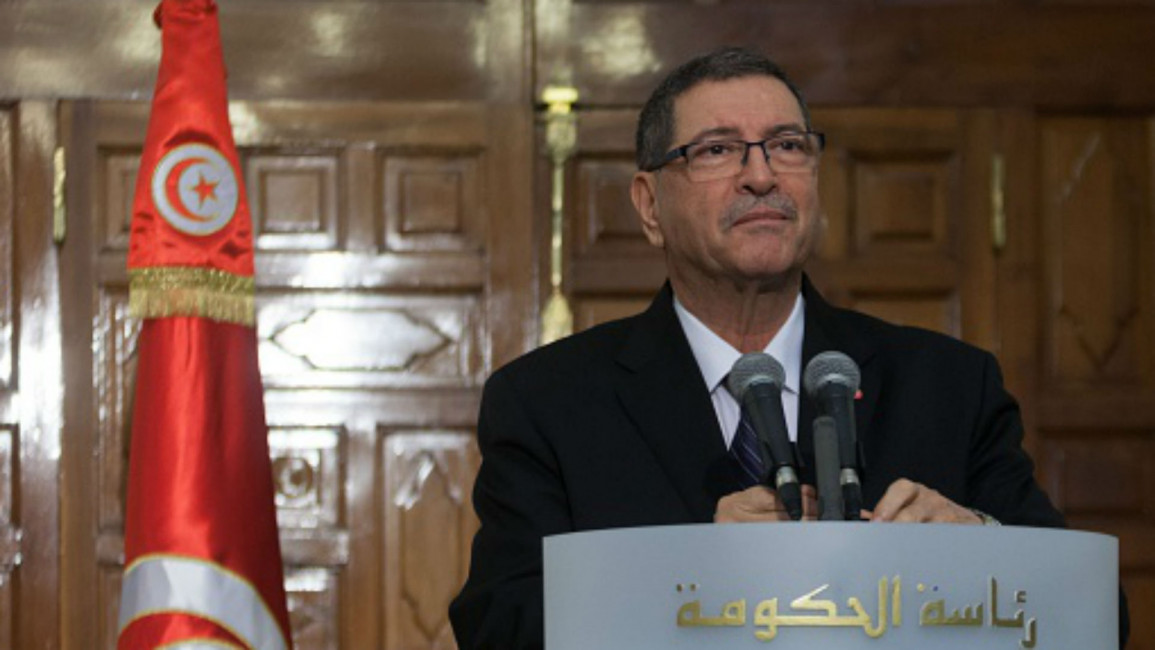Tunisian PM warns against destroying 'democratic transition'
Habib Essid spoke after chairing an emergency cabinet meeting as authorities said a night-time nationwide curfew would remain in force indefinitely.
The demands of young Tunisians were understood, Essid said, but there are those who are taking advantage of the protests to "destroy the democratic transition".
"There has been huge political progress, but we acknowledge that there are lots of economic difficulties," he said. "We will respond to young people's economic demands but we need a bit of time for that."
The prime minister called for an end to tensions in order to safeguard Tunisia's fledgling system.
"I appeal for calm and for national unity and complete security across the country to preserve our nascent democracy which is the only example of success in the region," Essid said.
| Read also: Egypt's Sisi tells Tunisians not to protest |
A nationwide curfew from 8pm to 5am was imposed on Saturday by the country's interior ministry, following an earlier curfew in western regions after protests against unemployment began to reach the capital Tunis.
Tensions are running high in Tunisia only a few days after the fifth anniversary of the country's popular revolution that inspired the Arab Spring.
Protests started after a 26-year old man was electrocuted after scaling an electricity transmission tower in protest at being removed from a list for government jobs.
The death of Reda Yahyaoui in Kasserine sparked popular anger and resentment at soaring unemployment across the country especially in Tunisia's poorest communities.
Unemployment rates in Tunisia had risen to 15.3 percent by the end of 2015 compared with 12 percent in 2010, driven by poor economic growth and a decline in investment in both public and private sectors - coupled with a rise in the number of university graduates, who now comprise one third of jobless Tunisians.
The return of protesters to Tunisia's streets has raised authorities' fears of another explosion of popular anger similar to those which ousted former president Zine El Abedine Ben Ali five years ago.
 |



